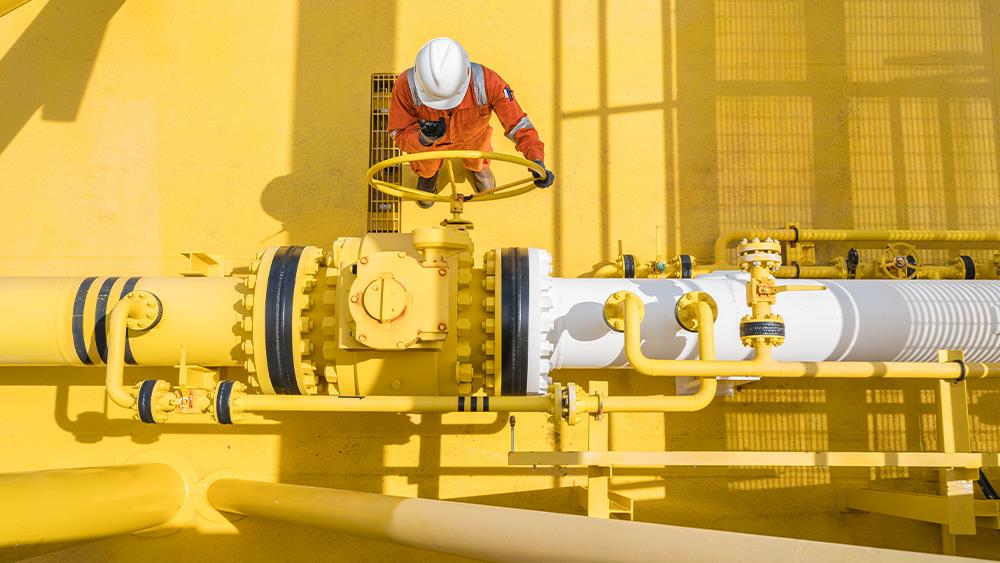

Better energy efficiency and a move to renewables are simple steps that could have a major impact in reducing the UK's exposure to volatile gas prices, and dependence on foreign gas, says the Energy & Climate Intelligence Unit.
With the UK at risk of paying £2.3 billion a year for Russian gas (the equivalent of £6.3 million a day), there are calls to cut out those imports, which account for 4% of the nation's gas demand. An option is for the UK to boost its own national production, but the ECIU notes that, due to interconnected nature of the global gas market, this is unlikely to reduce the price of gas for households.
As a result the ECIU takes the view that the UK should implement practical measures to reduce bills, and that this could be achieved through a robust isolation and heap pump installation programme. This would also reduce dependence on foreign producers, which it sees as a matter of national security in the context of the invasion of Ukraine by Russia.
Based on the 2012 rate of home insulation, the think tank found that upgrading one million homes each year from the current average EPC rating of band D to the government’s ambition of band C would yield an average cut in gas demand of 20% per home. A target the ECIU deems fairly easy to achieve.
In its estimation, that 20% cut in gas consumption represents 3.6TWh per year, 1.15% of household gas use, 0.44% of total UK demand, or 0.69% of UK net imports - in total, savings worth at least £245 million per year under current wholesale prices.
Those annual savings would reach around 18TWh by 2027, with five million homes upgraded by that point, matching the output of proposed new gas fields. Within 12 years, the country would have saved the equivalent of a year’s worth of current housing gas demand, says the ECIU.
Regarding heat pumps, the reports notes that they will be £260 a year cheaper to run than gas boilers under the April price cap. In addition, the think tank's model suggests that a switch to heat pumps for an average band C home would see an 80% cut in gas use at present (the figure is not 100% due to the fact that the current grid mix includes about 40% gas-powered generation).
Based on a trajectory following the Government’s planned deployment target (of 600,000 heat pumps installed each year by 2028), 1.5 million heat pumps could be installed before 2027, giving gas savings of 17TWh per year just at the point when proposed gas fields would be starting production.
As gas use for electricity generation declines (down to about 30% by 2030) and more cheap renewables come online, the gas savings would grow each year, exceeding 85% per home by 2030.
According to the report, by combining home isolation and heap pump installations, the UK could reduce gas demand by the equivalent of its imports from Russia as early as 2027. In just over 10 years’ time, gas savings would reach 80TWh per year, which is over 25% of current household gas demand and about 10% of total UK demand.
But, the think tank notes that, while these solutions are tried and tested, they have been persistently under-used in the UK, leaving it overly exposed to gas price rises.
Dr Simon Cran-McGreehin, Head of Analysis at the ECIU, concluded: "Amidst the shock of this war and the rush to develop radical solutions to the crisis facing gas supplies, the UK would do well to look to practical measures it can take that will permanently reduce bills particularly for those who are increasingly struggling to cover them.
"More UK gas will not cut energy bills. More insulation and heat pumps will cut bills, but are now also a matter of national security. They can be installed to start cutting demand and imports right away and a concerted deployment campaign would see those savings build into a major contribution to ending our gas dependency, cutting Putin’s power and the vulnerability of our poorest households to the volatile gas market."
> How to cut the UK’s dependency on Russian gas… permanently